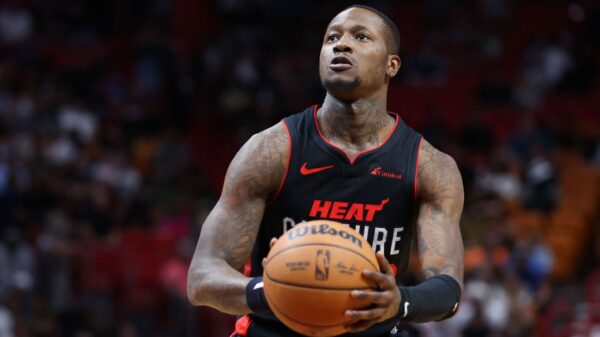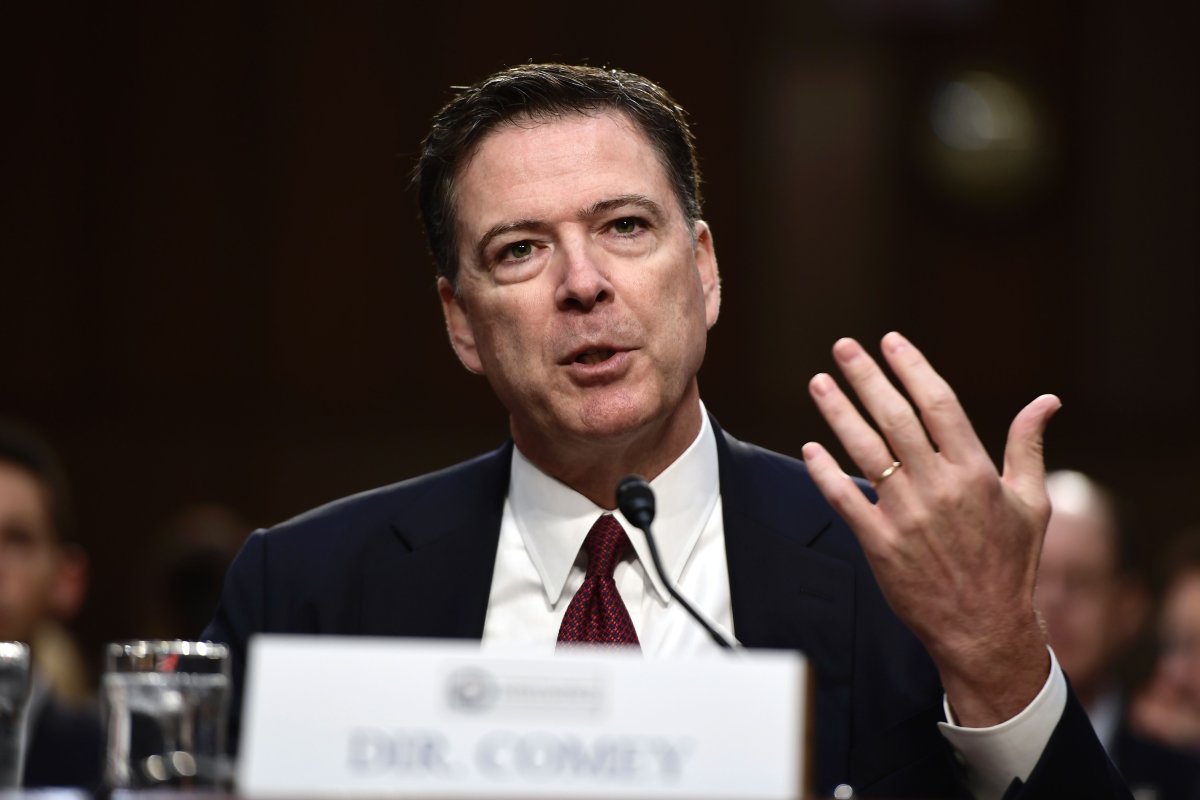The indictment of former FBI Director Jim Comey has sparked significant controversy, with many viewing it as a politically motivated attack orchestrated by Donald Trump. This legal action, which alleges that Comey made false statements to Congress and obstructed justice, has been described by critics as a “sham case.” The situation has raised concerns regarding the integrity of the U.S. Department of Justice, which some believe has been compromised under Trump’s influence.
The indictment follows the departure of Erik Siebert, Trump’s appointed U.S. attorney for the Eastern District of Virginia, who refused to pursue charges against Comey due to the perceived weaknesses in the case. Siebert stated he resigned, while Trump claimed he was dismissed. Subsequently, Lindsey Halligan took over and personally presented the case to a grand jury. This shift has fueled suspicions about the motivations behind the indictment, particularly given Halligan’s background as a White House monitor for “improper ideology.”
Comey, who has been a vocal critic of the Trump administration, indicated that he would fight the charges in court, stating he was “not intimidated.” Observers suggest that this legal battle is part of a broader strategy by Trump to silence his adversaries and maintain control over the narrative surrounding his presidency.
Trump’s directive to Pam Bondi, the Attorney General, to target Comey and other prominent critics underscores the political implications of this case. This tactic appears aimed at undermining the credibility of those who challenge Trump’s authority. The ongoing situation raises questions about the motivations behind these legal actions, particularly as they seem to focus on individuals who have publicly opposed the administration.
While Republican lawmakers express concern over the integrity of officials making false statements to Congress, critics argue that there are numerous other figures who have made misleading claims without facing similar scrutiny. For instance, Robert F. Kennedy Jr. has faced allegations of dishonesty concerning his positions on vaccines during his Senate confirmation hearings.
Despite the serious nature of the charges against Comey, legal experts suggest that courts have previously dismissed similar allegations against Trump’s administration, indicating that this case may also face significant hurdles. The overarching sentiment among many is that these efforts by Trump are less about justice and more about exerting control and instilling fear among his political opponents.
As this legal saga unfolds, the implications for American democracy and the rule of law remain profound. Observers are keen to see how the judicial system will respond to these politically charged actions and whether it can uphold its integrity in the face of such challenges. The outcome will likely have lasting effects not only for those directly involved but also for the broader political landscape in the United States.






































































